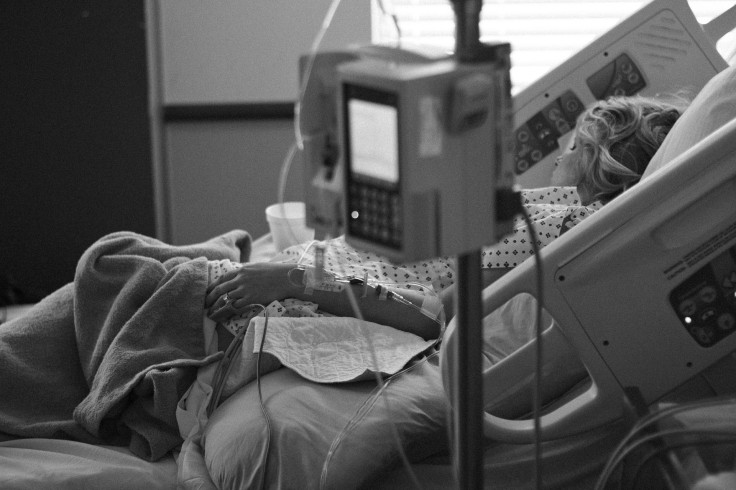Dangerous Bacteria Can Survive Scrubbing, Puts Hospital Patients At Risk, Study Finds

A type of dangerous bacteria called Clostridioides difficile or C. Diff is continuing to pose threat to the very sick and elderly hospital patients. The bacteria can survive on stainless steel surfaces and disposable hospital gowns even after thorough scrub cleaning, according to a study.
The research published in the journal Applied and Environmental Microbiology on Friday stated that the bacteria can easily spread through vinyl and stainless steel surfaces as well as disposable gowns used for surgeries.
C. Diff is known for posing threat to very sick and elderly hospital patients. People staying in hospitals for long, ones who take strong antibiotics and the patients who are staying in long-term care facilities, including the elderly, are at high risk getting infected.
The bacteria causes nearly half a million infections and take the lives of around 29,000 people in the United States annually, reported the Centers for Disease Control and Prevention (CDC).
The infection is spread by oral or fecal transmission. It can cause severe diarrhea, which can gradually lead to kidney failure and intestinal inflammation.
The researchers got the results through lab studies, where they found that the bacteria did not die with the use of concentrated chlorine disinfectant.
“The [bacteria] also transferred to vinyl flooring, which was quite disturbing. We didn't realize they would. Even if we applied 1,000 parts per million of chlorine, it would allow spores to survive in the gowns,” lead author Tina Joshi, a lecturer in molecular microbiology at the University of Plymouth in the United Kingdom, said.
The researchers said that the bacteria could die with increased amount of chlorine, but it will become even more stronger in only a matter of time.
“These bugs evolve. These bugs like to stay one step ahead. And even though we're using disinfectants and antibiotics appropriately, they still will become resistant in time. It's inevitable,” Joshi told NBC News.
The bacteria can easily spread through the air and it can contaminate a room or the surroundings, the study said. This will increases the chances of people in nursing homes and hospital patients getting infected due to contact with contaminated surfaces, including tables, curtains, clothes, food trays and the bed.
So it is important to decontaminate the hospital surroundings, but the traditional disinfectants do not work on them. One way to kill the bacteria is by exposing all the hospital surfaces to UV light.
Since it not really practical to make the surfaces fully exposed to UV radiation, the researchers recommended bleach cleaning. According to them, a solution made with nine cups of water and a cup of bleach could kill the bacteria to a certain extent.
However, it is worth noting that C. Diff can survive on doctor’s coats, surgical gowns and other materials. “That's a real infection control hazard, because these spores can stick to fibers. We've proven that in this paper,” the lead researcher said.
© Copyright IBTimes 2025. All rights reserved.





















